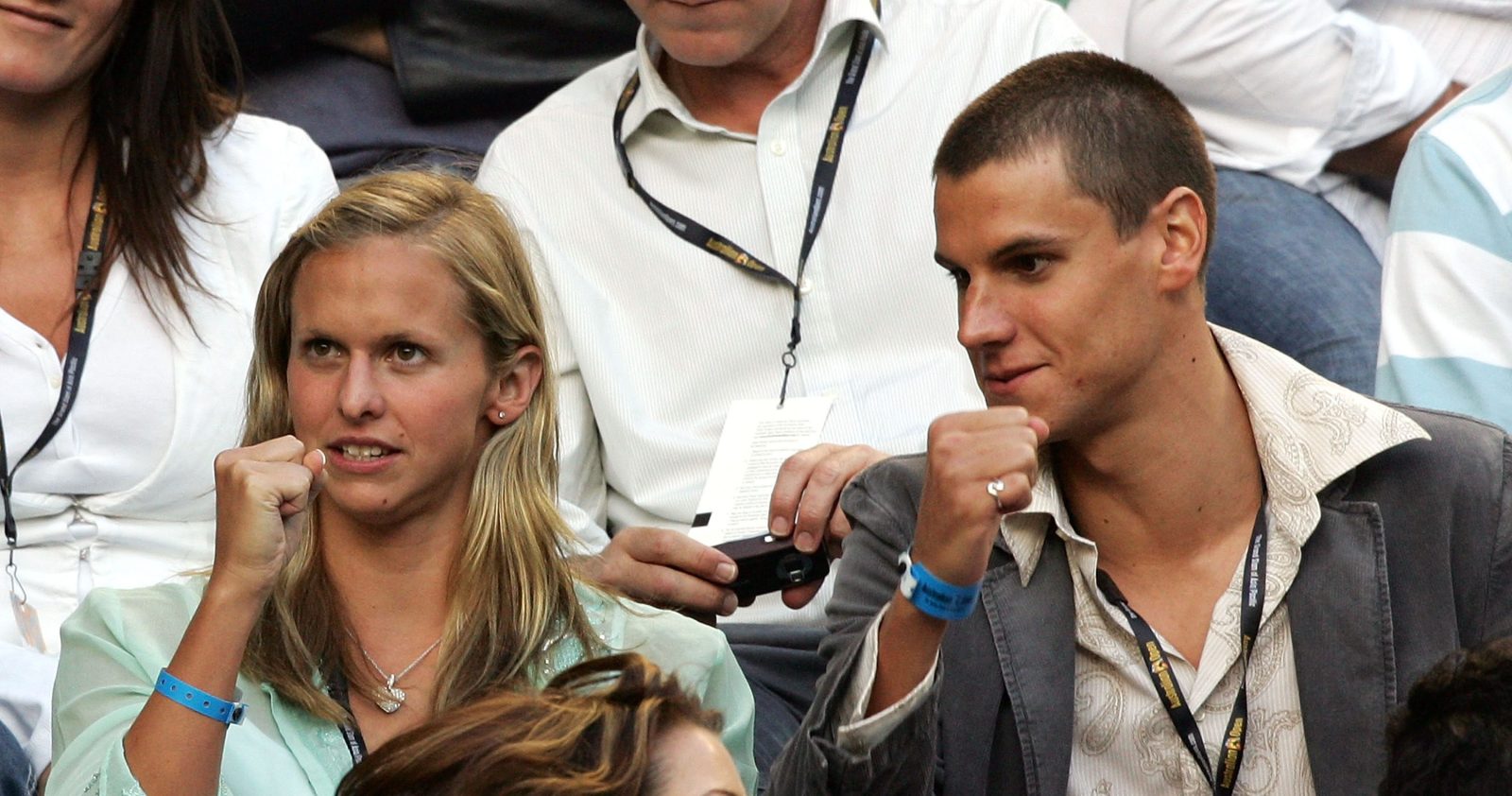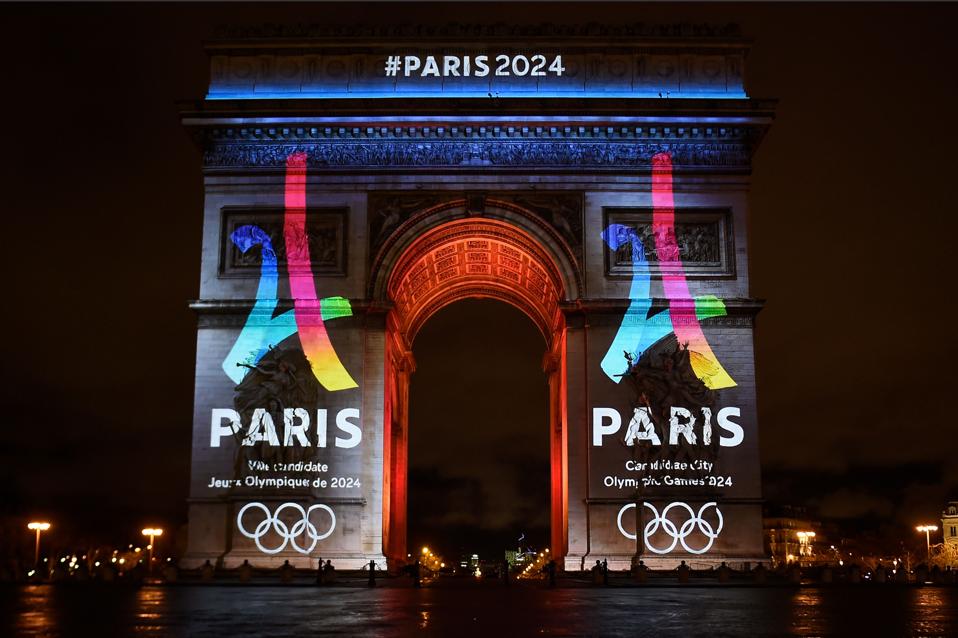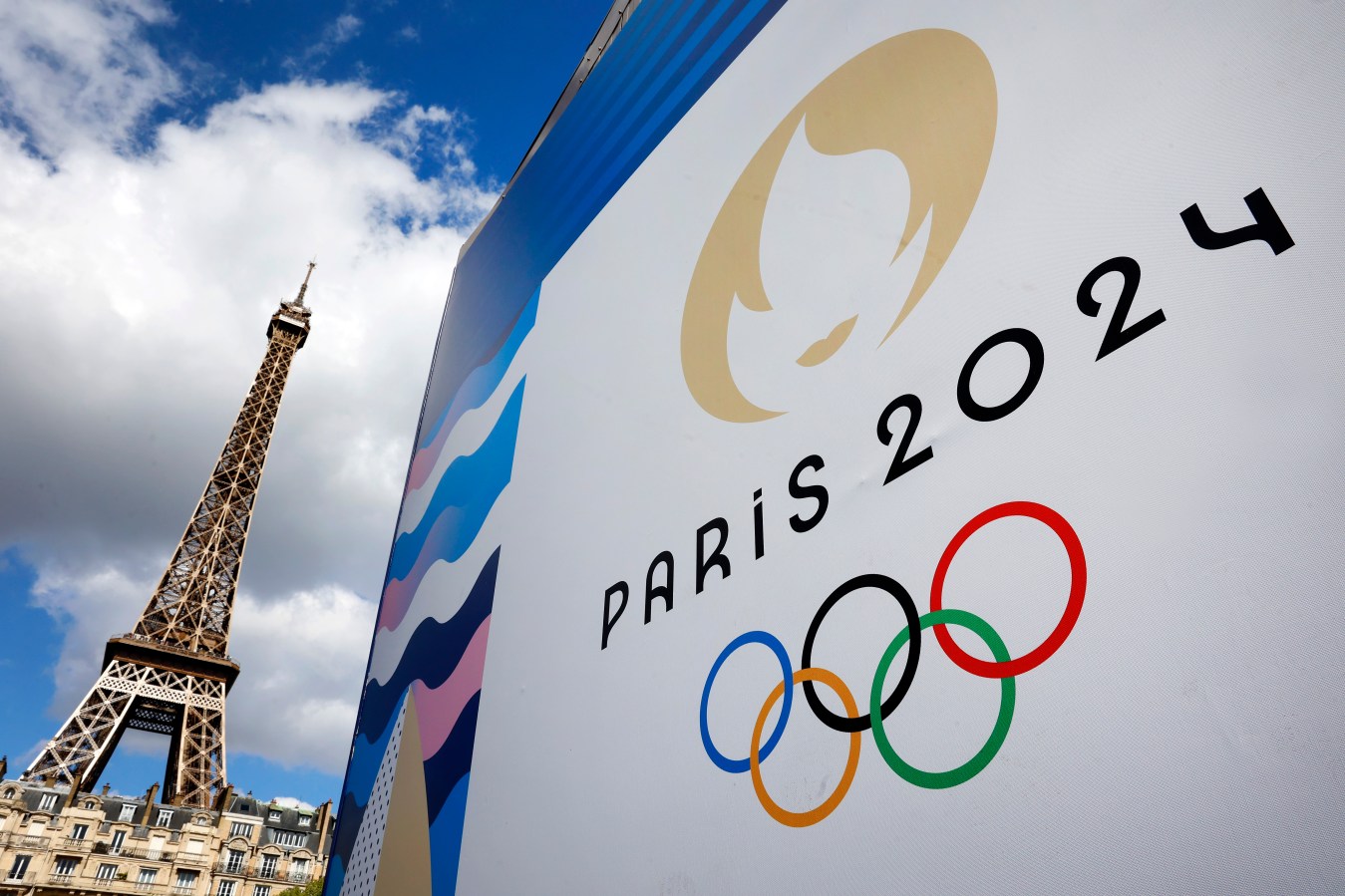With just 10 days to go before the Paris Olympics opening ceremony on the iconic river Seine, news surrounding the event is confusing—some outlets are reporting that tourists are keen to avoid a congested, overpriced city, while others are already reporting a triumph, with throngs of tourists already celebrating the most sustainable Olympic Games ever. The real picture is probably more opaque.

People are traveling to Europe this summer. Bloomberg reports that international tourists are expected to spend $872 billion in the European economy, as per a report from the European Travel Commission—many of them Americans and Chinese, and arrivals are already 6% above 2019 levels.
It’s clear that the demand to Paris isn’t as high as expected, though. Air France reports an expected loss of €180 million ($196 million) in the current quarter, because people are avoiding the city, expecting overcrowding, congestion and inflated prices. Likewise, Delta reported a $100 million reduction in bookings to Paris due to low travel volume.
Some of the issue lies undoubtedly with the cost of tickets, not just accommodation. Many inexpensive tickets were available early on in lotteries, randomly accessible to French residents willing to join a waiting list, starting at around $26 for every sport. So far, so good.
These were limited, though, to early competition events and tickets for event semis or finals have been exorbitant and well beyond the reach of normal tourists or residents.
Statista reports that tickets for the Athletics, Swimming and Basketball finals are changing hands for around $1100, more than 40 times the cheapest.
On one hand, you could say Paris is a failure because London still holds the record for selling out most of its available tickets—it sold 97% of its available tickets in 2012, a record so far in the past 40 years, and a stark contrast to Athens in 2004 where just 71% were sold.
On the other hand though, Paris has sold more tickets than any previous Olympics in total numbers—9 million of the 10 million were already sold in April 2024, outstripping Atlanta’s 1996 record.
This article first appeared on forbes.com. and all figures are in USD.
Are you – or is someone you know -creating the next Afterpay or Canva? Nominations are open for Forbes Australia’s first 30 under 30 list. Entries close midnight, July 31, 2024.
Look back on the week that was with hand-picked articles from Australia and around the world. Sign up to the Forbes Australia newsletter hereor become a member here.


